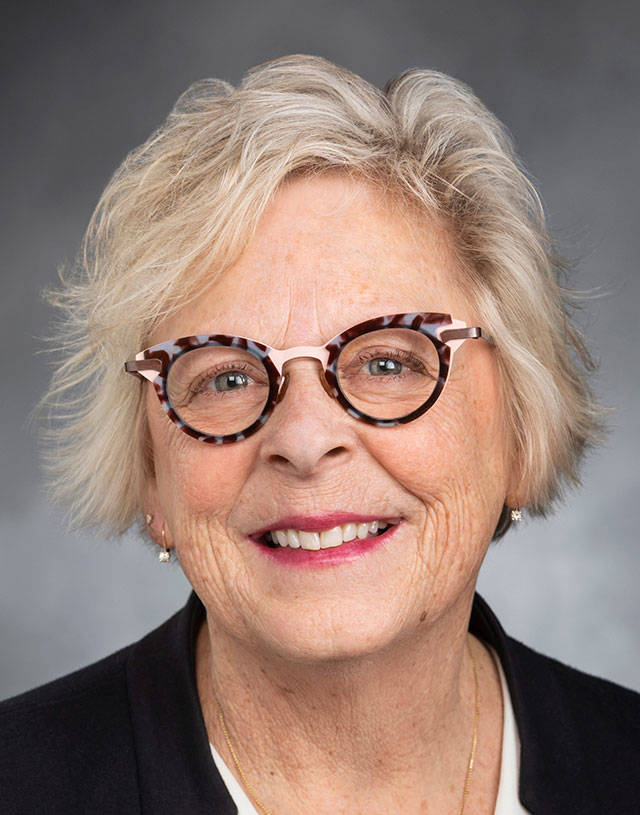The state’s newly created state LGBTQ Commission will meet Saturday with stakeholders to discuss the commission’s initial steps, Sen. Claire Wilson, D-Auburn, said Friday.
Wilson’s Senate Bill 5356 was signed into law earlier this month by Gov. Jay Inslee, establishing a commission to identify concerns specific to LGBTQ individuals and apply those concerns to inform practices and policies at state agencies.
“Our state constitution promises to protect us against discrimination in its many forms, but not everyone receives those protections,” Wilson said. “Many people regularly experience discrimination and other challenges, including physical violence, based merely on their identity or someone else’s perception of their identity.”
The LGBTQ Commission will be responsible for ensuring that state policies reflect a balanced and diverse respect for race and ethnicity, geography, gender identity, sexual orientation, age, socioeconomic status, and occupation. To that end, Wilson said the makeup of the commission is crucial.
“It is essential that the governor appoint members who understand the varied challenges and inequities faced by others,” she said. “There are times when our state policies, however well-intended, fail to account for members of our community whose needs may not be as obvious or universally shared. At other times, policies intended to help and serve a particular community end up doing the opposite.”
Among other things, the commission will consult with state agencies about the effects of agency policies and practices on the unique problems and needs of LGBTQ people, and advise agencies on the development and implementation of comprehensive and coordinated policies, plans and programs to address those needs.
Elsewhere
The state will explore ways to improve educational opportunities for incarcerated Washingtonians, as a result of legislation signed into law this month by Inslee.
“It’s critical that people receive the resources necessary for successful re-entry into the community once they have paid their debt,” said Wilson, the sponsor of SB 5433. “Leaving prison without a support network or a job, but with a criminal record, multiplies the difficulty of re-entry exponentially.”
Lacking training or education, those trying to re-enter society often have limited options beyond the criminal practices that got them incarcerated in the first place, Wilson said, so it makes sense to improve inmates’ skill sets.
“Re-entry into society is all about second chances and public safety,” she said. “Anyone who has paid their debt to society has earned a second chance, and successful re-entry is in everyone’s best interest. Successful re-entry equals lower recidivism. It’s that simple.”
Wilson’s legislation expands the types of educational programs accessible by the incarcerated to include post-secondary education and training programs, in addition to associate degrees, and directs state agencies to study implementation of secure internet access at correctional facilities to increase access to post-secondary education programs.
“The choice before us is not whether someone who has committed a crime deserves assistance,” she said. “The question is whether we want to send someone back into society in a position to become productive and successful, or whether we want to send them back into society to commit more crimes.”



